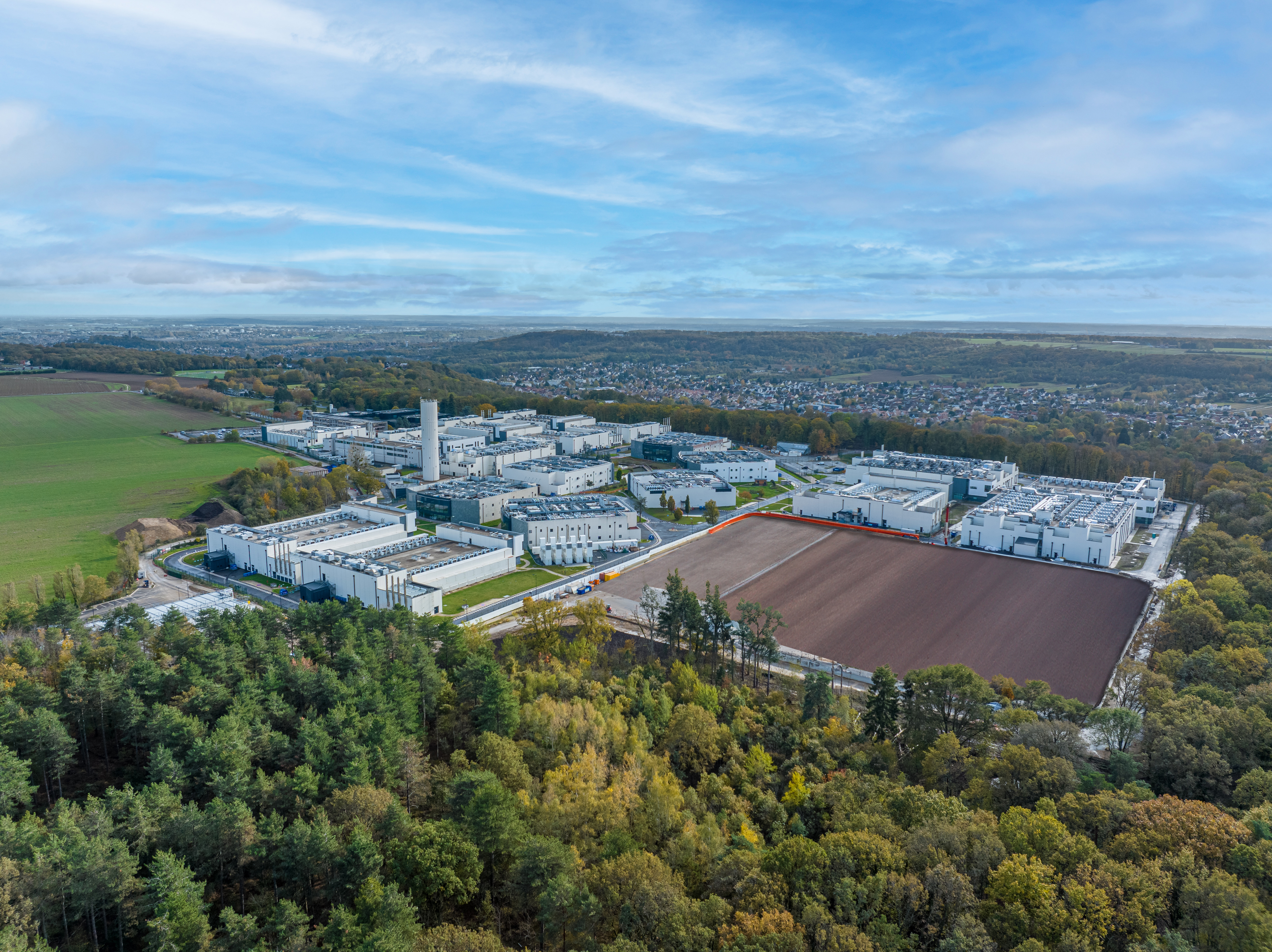
In the digital age, data centers have emerged as the unsung heroes that underpin our increasingly interconnected world. These facilities serve as the central hubs for data storage, processing, and distribution, enabling the functioning of the digital services and applications we rely on daily.
Jérôme Totel, group strategy and innovation director at Data4 Group
The data center sector is increasingly supporting the development of renewable energy sources, with a particular emphasis on local sourcing, and contributing to a more sustainable energy mix.
At the same time, the data center industry has a job ahead of it to ensure data center acceptability. At present, data centers are often viewed negatively due to environmental concerns around energy consumption and water usage, poor land use and even limited economic impact for the communities around them. It need not be this way, and there are things data center owners are already doing to make positive changes.
Performing a sobriety check
All data centers, including ours, at this point must embrace the concept of sobriety in their operations due to the profound challenge of operating in a world with finite resources. This encompasses several critical aspects, including the moderation of land use, energy efficiency and a focus on using other natural resources strategically.
When thinking about land use, data center owners must focus on making the most of what they have, and when they build, ensuring the economy of space comes first and foremost. We have, for example, concentrated on limiting land artificialisation, and the densification of power per square meter. In doing so, we have tripled our power per hectare ratio. A step we, at Data4, found essential in a world where land resources are limited and the preservation of biodiversity is critical.
Clever land use goes hand in hand with ensuring energy efficiency. The data center sector is increasingly supporting the development of renewable energy sources, with a particular emphasis on local sourcing, and contributing to a more sustainable energy mix.
Thanks to our use of state-of-the-art cooling technologies, we have made a twenty percent improvement in our energy efficiency ratio (PUE), which is a great start. We believe the use of artificial intelligence (AI) will further support us in optimising PUE in years to come. And, what’s more, we’re also focusing on subsidising the local development of renewable energies to further this.
Sobriety further extends to other natural resources as well, such as water management, with practices we have implemented such as avoiding adiabatic cooling systems. In France, this has meant that we’ve seen a Water Usage Efficiency (WUE) of 0.061 l/kW IT.
Furthermore, data centers are actively engaged in measuring their global environmental footprint, including criteria like greenhouse gas emissions, water usage, rare earths consumption, energy consumption, and the eutrophication of fresh water, to ensure responsible resource management and minimise their impact on the environment.
In the face of resource limitations, these measures are essential steps towards ensuring the sustainability and long-term viability of data centers in the digital age.
Stimulating regions and having a positive impact on the economy
With a struggling global economy, most governments and local authorities are looking at ways to invest in their local communities and build jobs and opportunities in the long term.
As data center operators move into new areas, it is therefore essential for them to gain a comprehensive understanding of the local ecosystem. Data center owners should form close collaborations with various local authorities, community managers and suppliers, including design offices, architects, air conditioning/electricity specialists, network and telecom experts, and site managers.
Why? Because it’s all about building and running data centers that will also benefit local communities.
For instance, consider Data4’s Marcoussis site. When we set out to build it, we had a vision of ensuring job creation. Now, by the end of 2023, nearly 700 people will be engaged in both building and operating the data center campus. This job creation will extend across France, with an anticipated 1,800 jobs on various data center sites by 2030.
Building data centers is critical, but so is giving back to the community. One area to focus on may be working with the municipality/local authorities on how building a data center can offer significant tax benefits for the region, with these incentives steadily increasing as the site expands.
More importantly, this strategic decision can fortify the local economy, enhancing its resilience in times of international crisis, particularly in regions that rely heavily on exports. The synergy between data center operations, job creation, fiscal benefits, and economic resilience underscores the broader positive impact of these facilities on local communities and the regions in which they are established.
Adding value – not just money and jobs
Data centers prove and extend their positive impact when they become integral components of the surrounding environment.
This is achieved through various means, including repurposing former industrial sites and adopting architectural designs that seamlessly blend in and contribute to the revitalization of previously neglected areas. Not only do data centers physically integrate with the landscape, but they also engage with the local community in multiple ways.
Data centers can, for example, welcome secondary school students annually, inviting them to actively participate in raising awareness about digital professions and fostering a culture of digital engagement.
Furthermore, data centers must strive to be active members of the local community, with projects tailored to meet the unique needs and aspirations of citizens and local politics. Additionally, they promote innovation and environmental responsibility by organising start-up competitions aimed at discovering disruptive technologies that can benefit the environment.
Going even further, data center owners can help local communities explore circular economy initiatives within their campuses, such as reusing the heat generated by data centers for various purposes, including food production and renewable energy generation. In this way, data centers transcend their primary function and become essential contributors to local development, education, sustainability, and innovation.
Data centers are undeniably indispensable to the ever-growing digital economy, providing the foundation for our modern world. They continue to evolve to address environmental concerns, create jobs, and contribute to regional development and urban integration. As data volumes and the demands of digital technology continue to surge, data centers are poised to become even more vital, playing a central role in shaping our digital future.

